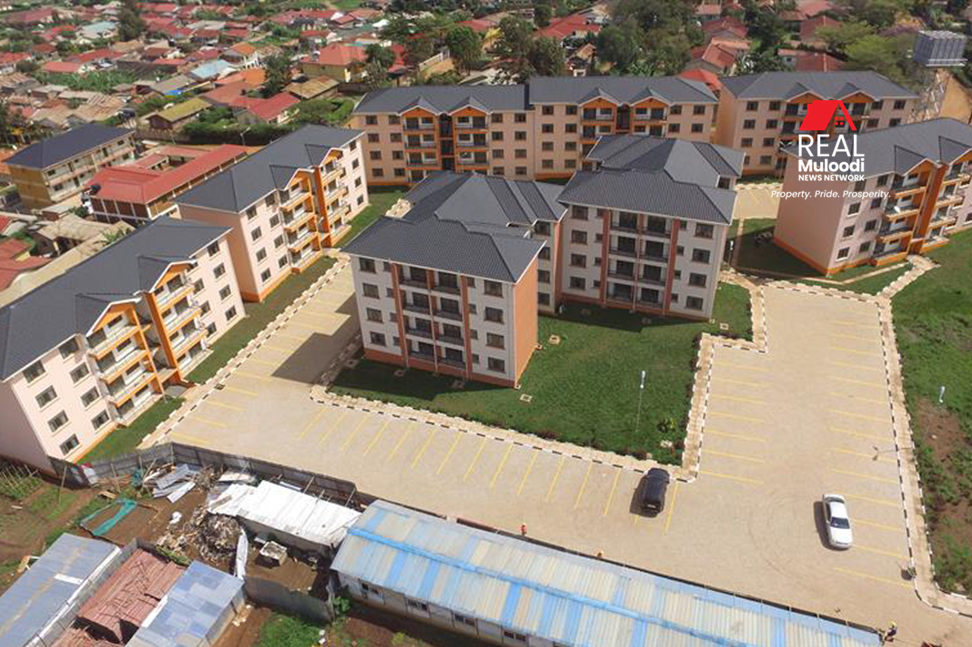UGANDA, Kampala | Real Muloodi News | Understanding the intricacies of housing development finance is vital for navigating Uganda’s real estate landscape successfully.
Whether you’re a seasoned developer or a newcomer, grasping the financial nuances is key to bringing your housing projects to fruition. This comprehensive guide aims to shed light on the complexities, offering actionable insights and guidance for effectively managing your project’s finances.
Getting Started: Foundations of Housing Development Finance
Housing development finance involves securing funds for land acquisition, construction costs, and other expenses associated with residential property development.
It requires a deep understanding of real estate markets and proficiency in project management, budgeting, and finance.
Exploring Financial Instruments
Various financial instruments play a role in housing development finance, including loans, bonds, grants, and equity investments.
Each instrument comes with its own set of advantages and considerations, influencing your project’s financial structure and viability.
Crafting a Strategic Business Plan
A robust business plan serves as the blueprint for securing financing. It should articulate your project’s objectives, market analysis, financial forecasts, and risk management strategies.
A well-prepared plan enhances investor confidence and sets the stage for successful funding.
Market Dynamics: Understanding Uganda’s Real Estate Landscape
In-depth knowledge of Uganda’s real estate market is essential for informed decision-making. Conducting a comprehensive market analysis enables you to identify trends, assess demand-supply dynamics, and anticipate future growth opportunities, strengthening your project’s positioning.
Navigating Financing Options
Uganda offers diverse financing avenues for housing development, ranging from traditional bank loans to alternative sources such as private lenders, crowdfunding, and government programs.
Each option presents unique benefits and challenges, requiring careful evaluation to align with your project’s needs.
Balancing Equity and Debt
Optimising your project’s financial structure involves striking a balance between equity and debt financing. Equity financing entails raising capital through the sale of project shares, while debt financing involves borrowing funds with repayment obligations.
A judicious blend of both minimises financial risk and enhances investor appeal.
Risk Management Strategies
Identifying and mitigating risks is paramount in housing development finance. From construction delays to market fluctuations, proactive risk management involves contingency planning, insurance coverage, and flexible financing arrangements to safeguard your project’s success.
Leveraging Government Support
Government incentives can significantly bolster housing development projects, offering tax incentives, grants, and subsidised loans.
Exploring and leveraging these incentives can enhance project viability and reduce financing costs, providing a valuable boost to your endeavours.
Nurturing Financial Partnerships
Establishing strong relationships with financiers is integral to securing and managing financing effectively.
Transparent communication, regular updates, and proactive problem-solving foster trust and collaboration throughout your project’s lifecycle.
Continuous Learning and Adaptation
Staying abreast of evolving financial models, regulatory changes, and market trends is essential for navigating Uganda’s dynamic real estate landscape.
Embracing a culture of continuous learning, networking, and adaptability equips developers to respond effectively to emerging challenges and opportunities.
Unlocking housing development finance in Uganda demands a blend of real estate acumen, financial expertise, and strategic foresight.
By mastering the fundamentals, exploring financing options, managing risks, and fostering strong partnerships, developers can realise their housing visions and contribute to Uganda’s sustainable urban development.
With diligence and determination, the path to successful housing projects becomes clearer, paving the way for transformative impact in Uganda’s real estate sector.
READ MORE LIKE THIS:
Why Isn’t Real Estate Development Alleviating Uganda’s Housing Crisis?
Real Estate Experts Investigate Low-Cost Housing Options for the Increasing Population in Uganda



